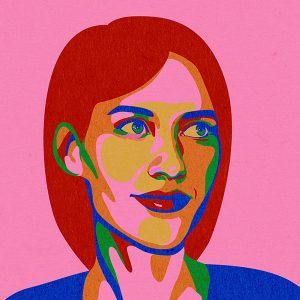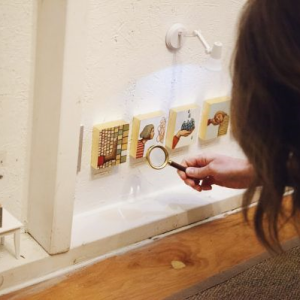People have always danced, but we seem to be doing it less and less these days. Why is that? Journalist Jocelyn de Kwant does some soul searching to find out why we should get into the groove more often.
It’s not customary in Western culture to spontaneously break out into dance, and it’s not so easy to get beyond this obstacle. Once you do get over it, however, the list of positive effects is a long one. “Dancing is a great way to free yourself from your daily cares, but it goes even farther than this,” Bergsma says. “As psychologist William James said, ‘The body is a sounding board for the emotions’. You will be more inclined to start dancing if you are feeling comfortable, and you will maintain your positive mood.
It works the other way around too. You can manipulate your emotions through movement; you can turn a gloomy mood around by dancing. Gloomy feelings respond well to ‘high-arousal’ motions, which are fast, repetitive and rhythmic movements. Slow movements work best for people suffering from anxiety or stress. When you dance, you feel more of a zest for life; you experience your own vitality. This can be a tremendous source of strength.”
Memory and balance
Dancing can help you shake off the day’s stress, and the important role music plays in this shouldn’t be underestimated. Different types of music can stir up different emotions. Piano music can bring out sadness while drums can lead to ecstatic feelings. Music and dance have so many effects on our bodies as well as on our minds. Neuroscientist Erik Scherder believes that if you feel emotions when you listen to music, it’s logical that this will spur you on to move in time to it.
The reason for this is that the parts of the brain that are activated by emotions are next to the areas that drive our motor system. And the emotion that music can trigger can also cause an involuntary response: You feel a type of shiver. This feeling originates in the central nervous system, the front part of your brain. In other words, different areas of the brain start communicating with one another across great distances. “The greater the distance, the more complex the cognitive function,” Scherder says. “Put simply, this really has an effect on the brain.”
- The full story ‘Digging the dancing queen’ can be found in Issue 28.
Text Jocelyn de Kwant Photography Bo Quan Nguyn/Unsplash.com













